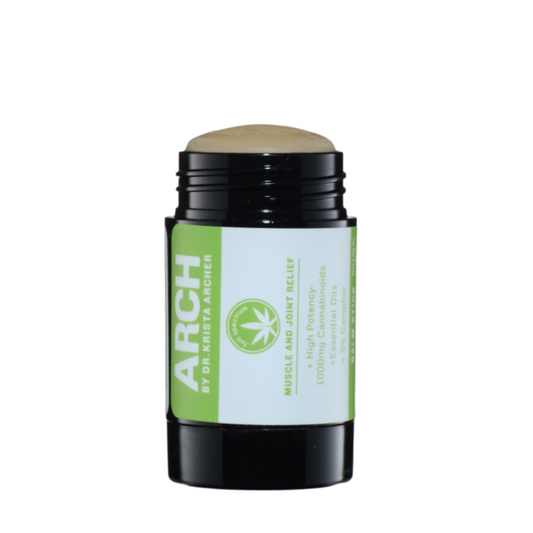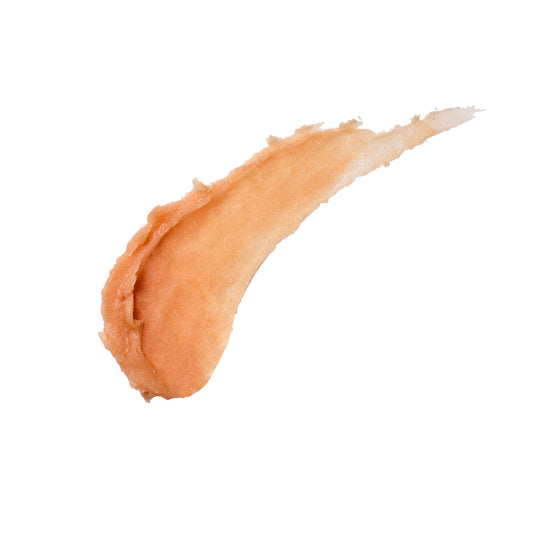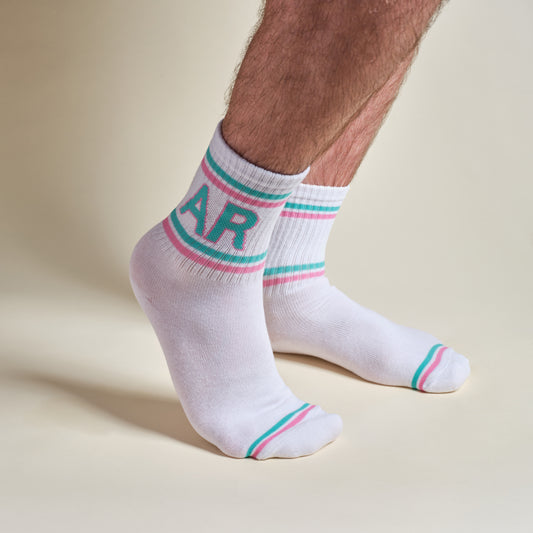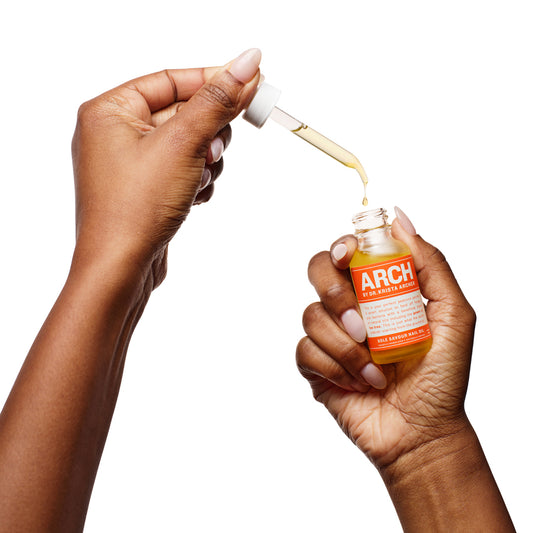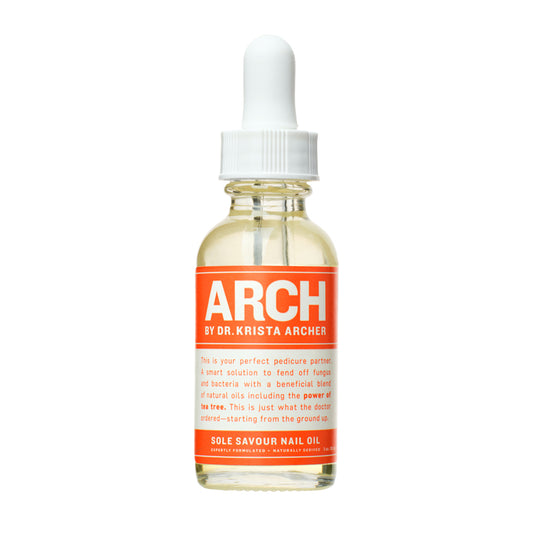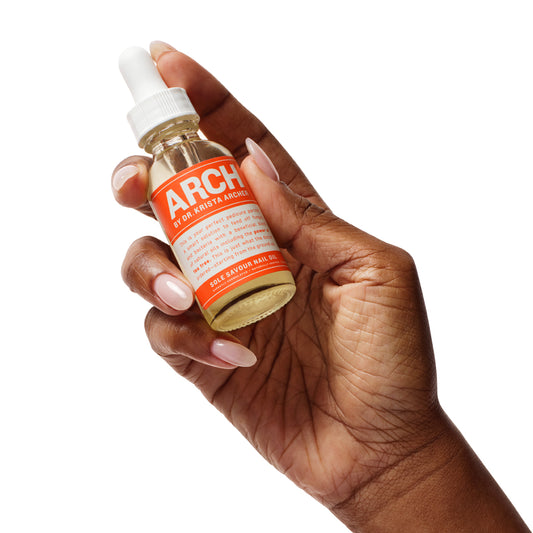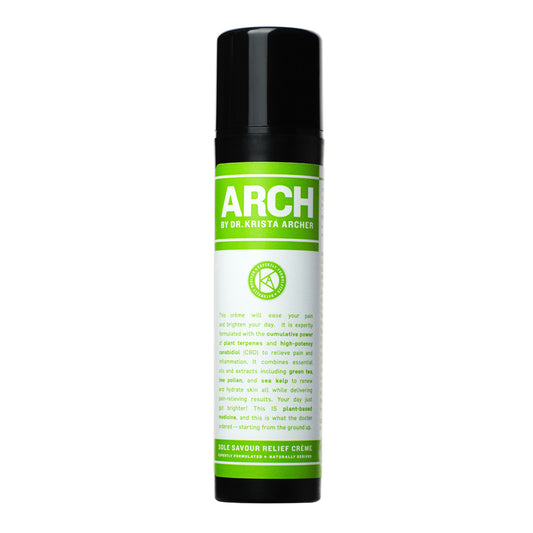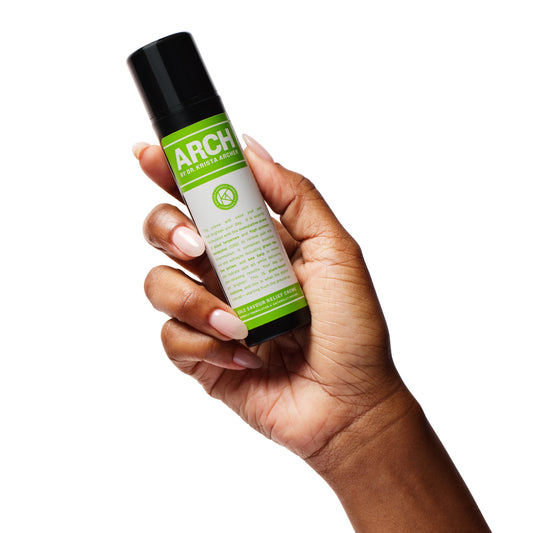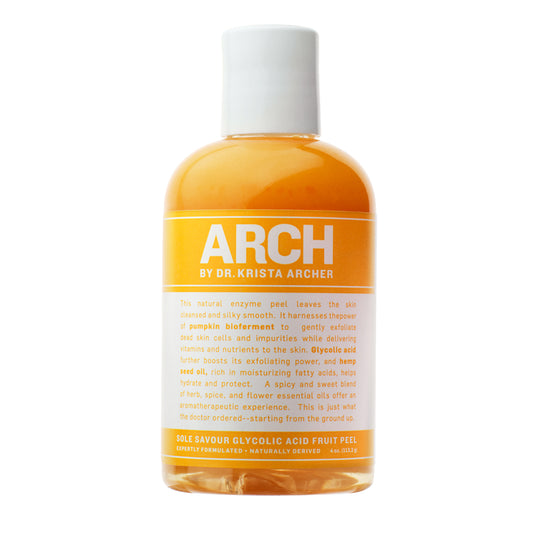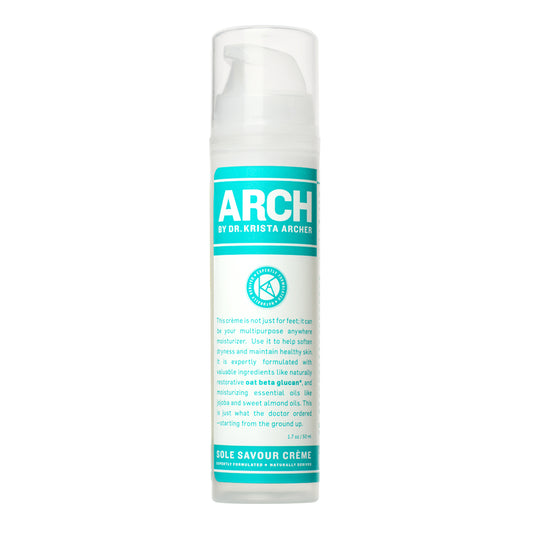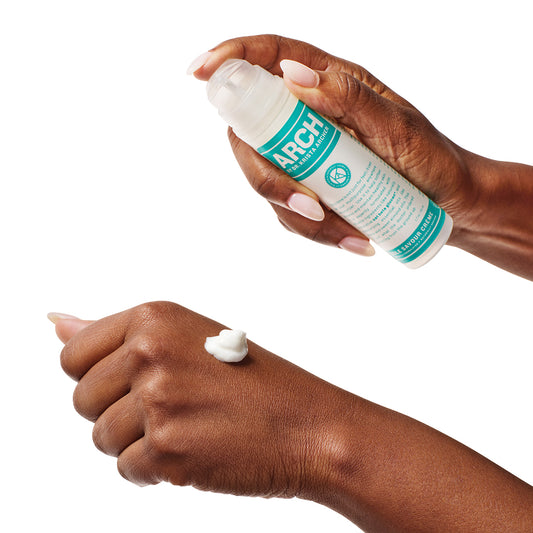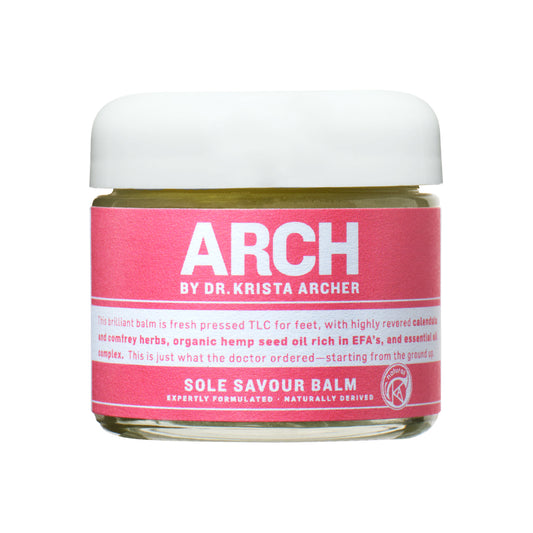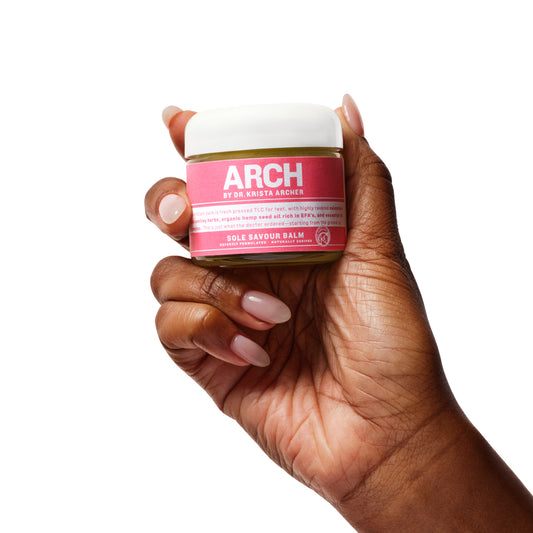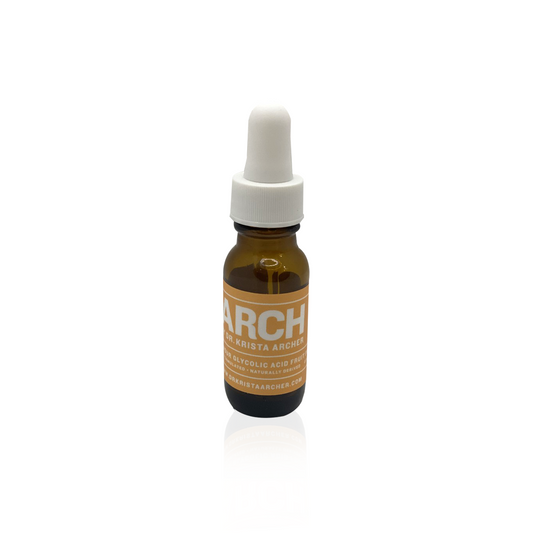PLANTAR WART TREATMENT
Safe, Effective Removal of Painful Foot Warts
Plantar warts are stubborn, painful growths caused by the human papillomavirus (HPV) that appear on the soles of the feet. They can feel like stepping on a pebble and often resist over-the-counter treatments.
At her Upper East Side Manhattan practice, Dr. Krista Archer offers advanced treatments for plantar warts, including laser therapy, antiviral injections, and medical-grade topical treatments, helping patients eliminate warts safely and effectively.
What Is a Plantar Wart?
Plantar warts are small, hard growths that develop when the skin becomes infected with HPV.
They typically appear on the bottom (plantar side) of the foot, where they can grow inward due to pressure from walking and standing.
Types of Plantar Warts:
-
Solitary Warts: A single wart that may grow larger and develop “satellite” warts nearby.
-
Mosaic Warts: A cluster of smaller warts growing together—these are often more resistant to treatment.
Signs & Symptoms of Plantar Warts
-
Thickened, rough skin that may resemble a callus
-
Pain when standing, walking, or squeezing the sides of the wart
-
Tiny black dots on the surface of the wart, which are dried blood in tiny blood vessels
-
Slow-growing lesion that becomes deeper over time
What Causes Plantar Warts?
Plantar warts are caused by direct skin contact with the human papillomavirus (HPV).
Common places to pick up the virus include:
-
Locker rooms and communal showers
-
Public swimming pools
-
Martial arts or dance studios
-
At home, if other family members have warts
Dr. Krista Archer’s Approach to Wart Treatment
Diagnosing Plantar Warts:
Dr. Archer will perform a thorough foot examination, looking for telltale signs of plantar warts and ruling out other foot lesions such as calluses or corns.
Treatment Options:
-
Shaving and chemical treatments: Removing the top layer and applying medical-grade acids to kill the virus over time
-
Antiviral injections: Directly injecting medication into the wart to stimulate the immune response
-
Laser therapy: Using targeted laser energy to destroy the wart’s blood supply and viral tissue
-
Surgical excision: Removing the wart entirely (reserved for resistant cases)
Dr. Archer customizes treatment based on the size, type, and location of the wart, as well as the patient’s lifestyle and goals.
Why Choose Dr. Krista Archer for Wart Treatment in NYC?
-
Advanced laser and injection therapies not available in salons or urgent care clinics
-
Doctor-supervised care ensuring safe, effective treatment
-
Focus on fast recovery and minimizing discomfort
-
Expertise in both cosmetic and medical foot care
SCHEDULE YOUR APPOINTMENT
If you’re struggling with painful or persistent plantar warts, don’t wait for them to spread or worsen. Schedule your appointment with Dr. Krista Archer today at her Upper East Side NYC office and explore your best options for fast, safe wart removal.
SHOP ARCH BY DR. KRISTA ARCHER
-
ARCH CBD Balm Stick - 1.05 oz/ 31g
Regular price $45.00 USDRegular priceUnit price / per -
ARCH Retro Tube Socks with Gel-Lined Heels
Regular price $7.00 USDRegular priceUnit price / per -
ARCH Sole Savour Nail Oil – 1 oz
Regular price $45.00 USDRegular priceUnit price / per -
ARCH Sole Savour Nail Oil + EMU Oil- 1 oz
Regular price $50.00 USDRegular priceUnit price / per -
ARCH CBD Sole Savour Relief Creme –Highest Potency 1.7 oz
Regular price $70.00 USDRegular priceUnit price / per -
ARCH Sole Savour Glycolic Acid Fruit Peel – 4 oz.
Regular price $20.00 USDRegular priceUnit price / per -
ARCH Sole Savour Creme – 1.7 oz
Regular price $35.00 USDRegular priceUnit price / per -
ARCH Sole Savour Balm- 2.0 oz/ 56g
Regular price $45.00 USDRegular priceUnit price / per -
Glycolic Acid Fruit Peel – Sample (0.5oz)
Regular price $3.00 USDRegular priceUnit price / per -
ARCH CBD Chill Chews for Humans – 105 g
Regular price $50.00 USDRegular priceUnit price / per -
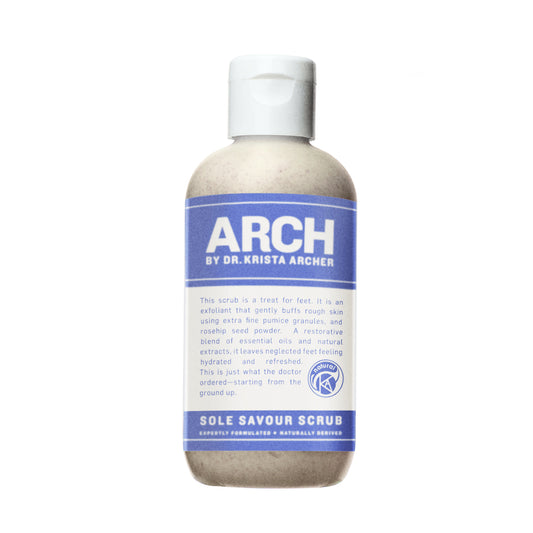
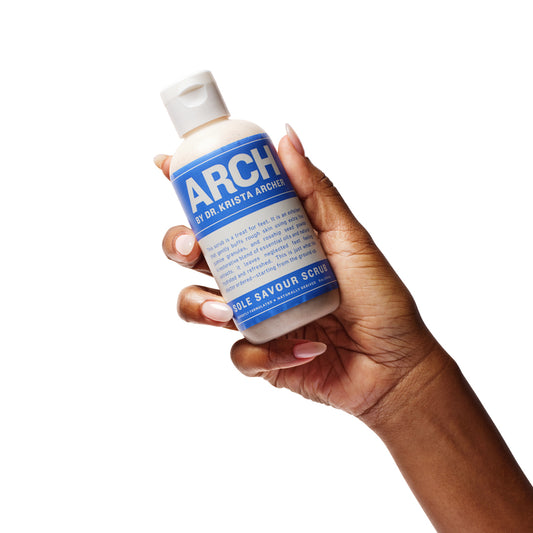 Sold out
Sold outARCH Sole Savour Scrub – 8 oz-
Regular price $30.00 USDRegular priceUnit price / per
